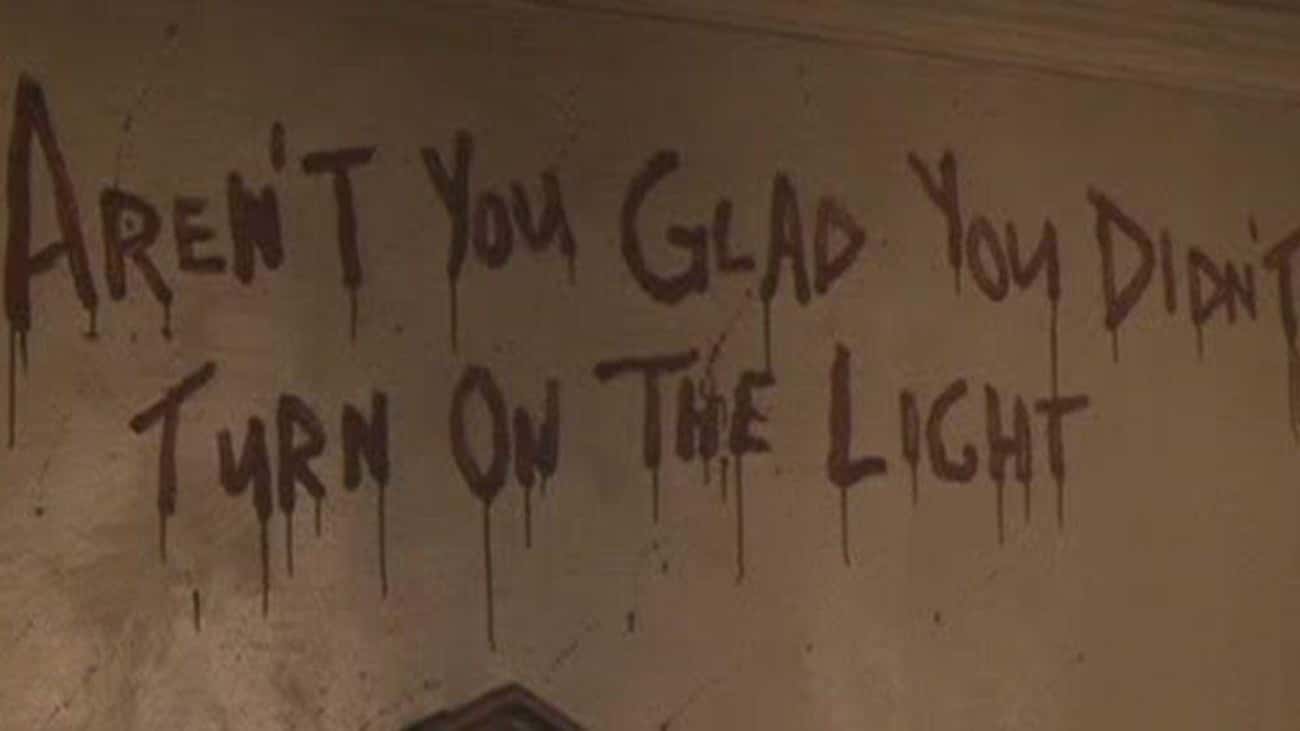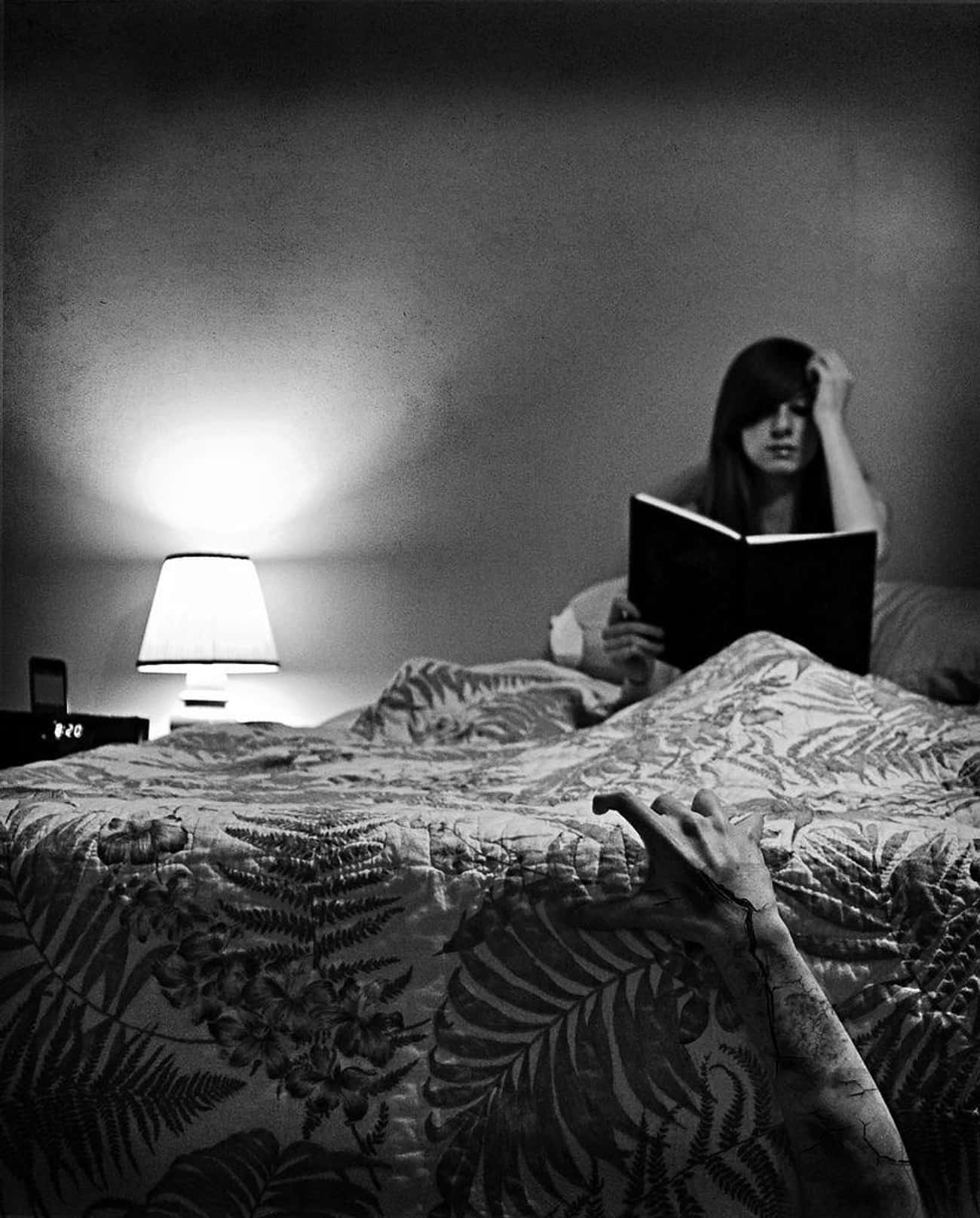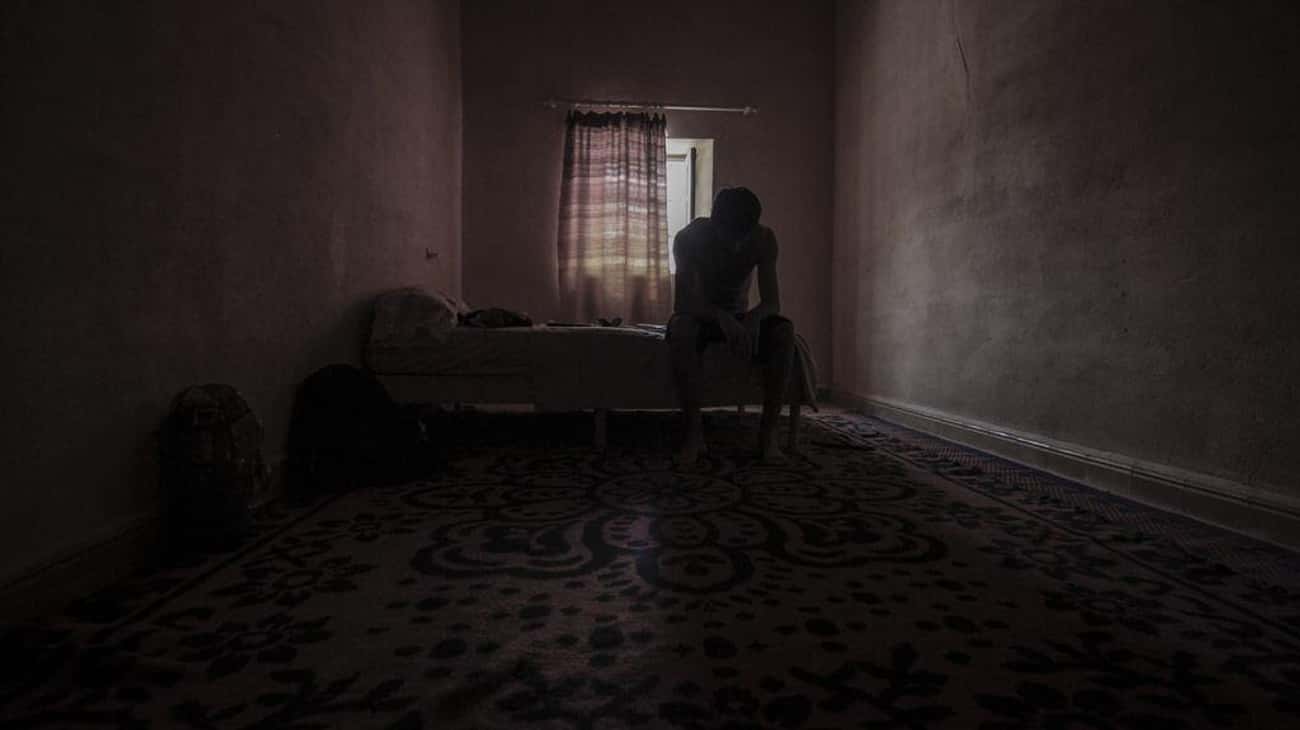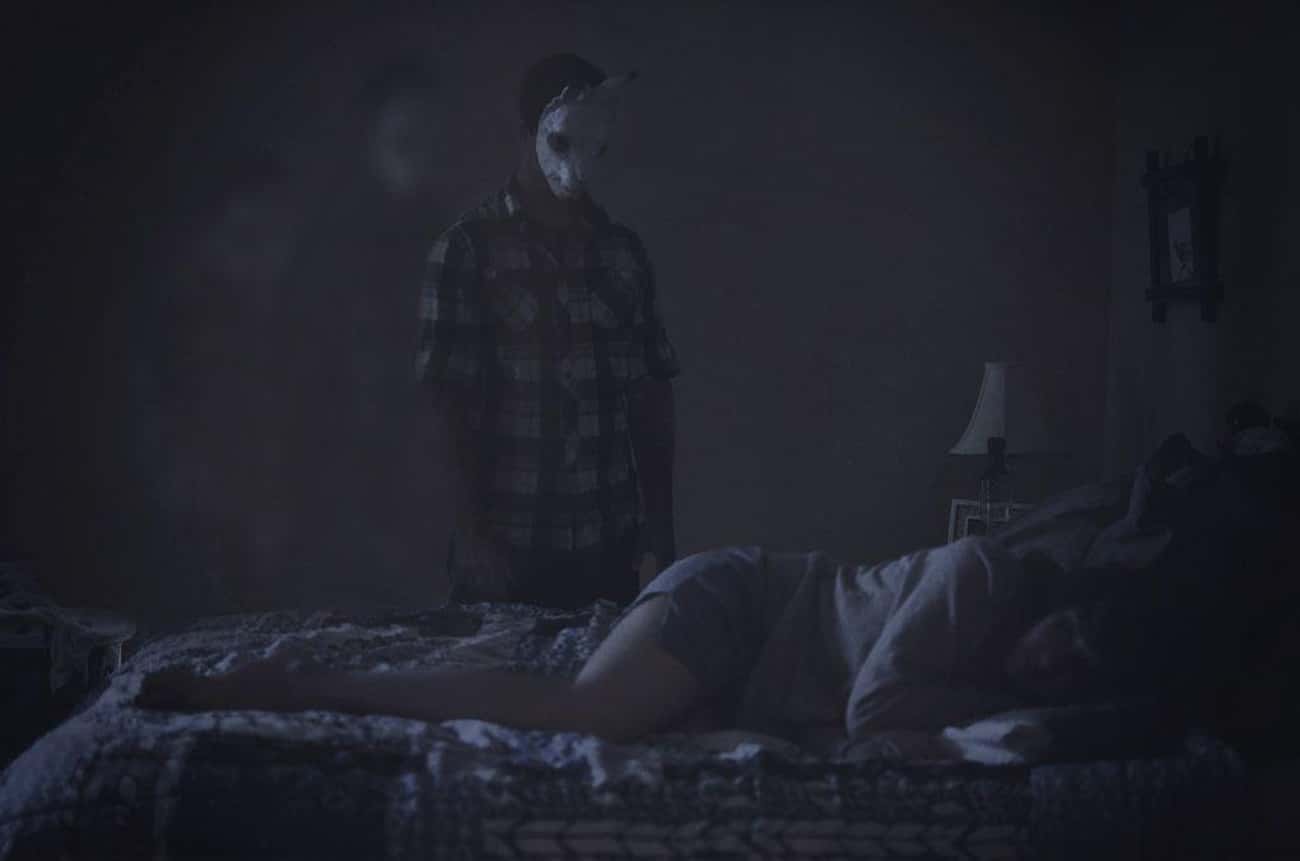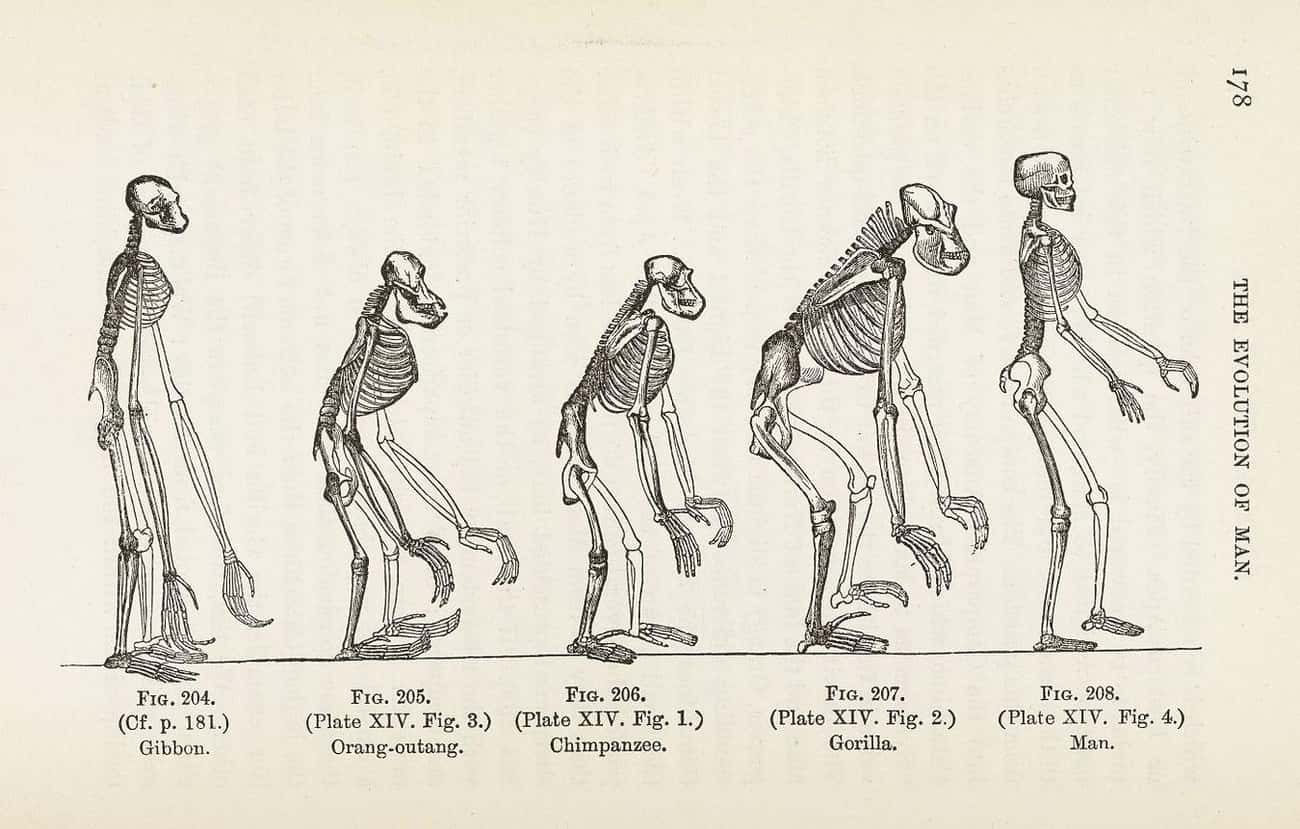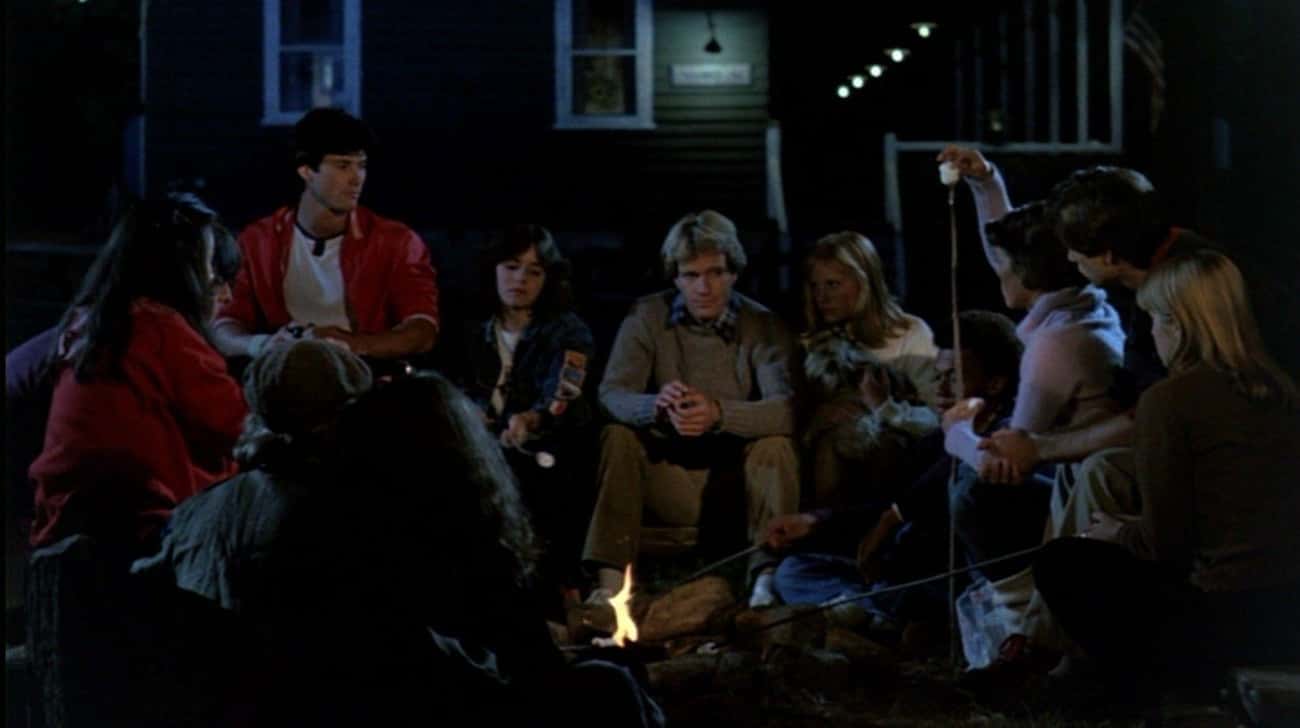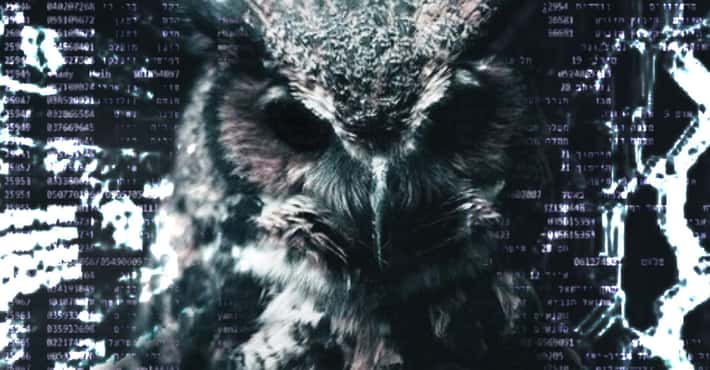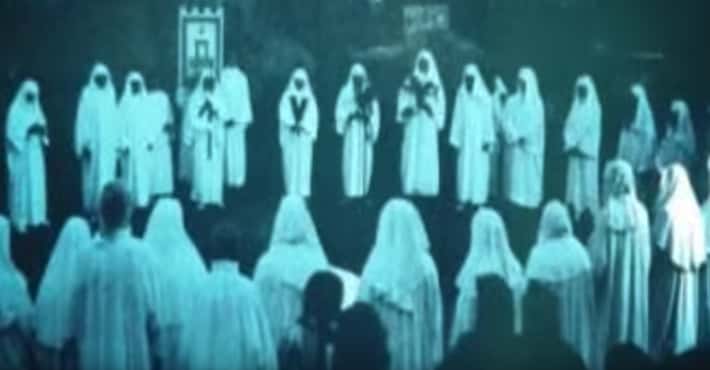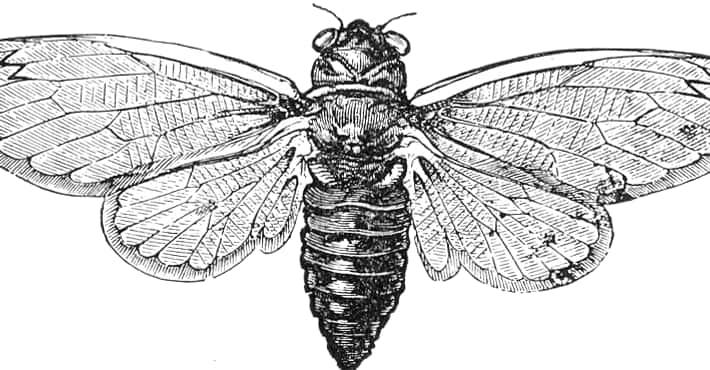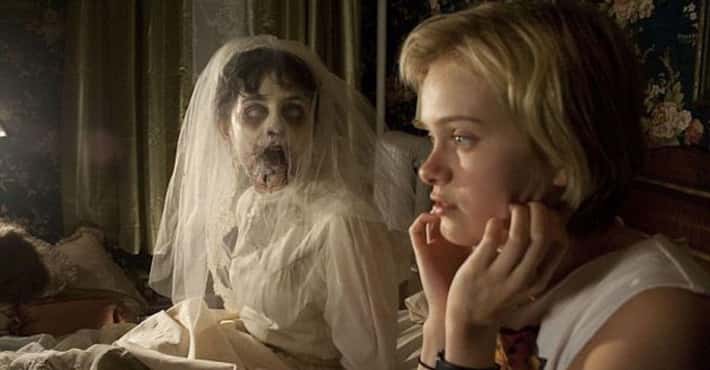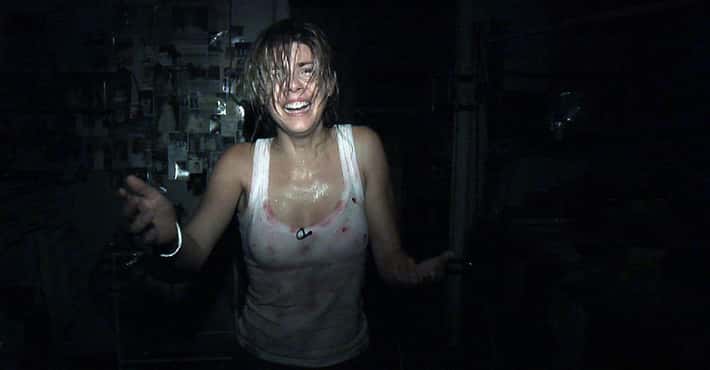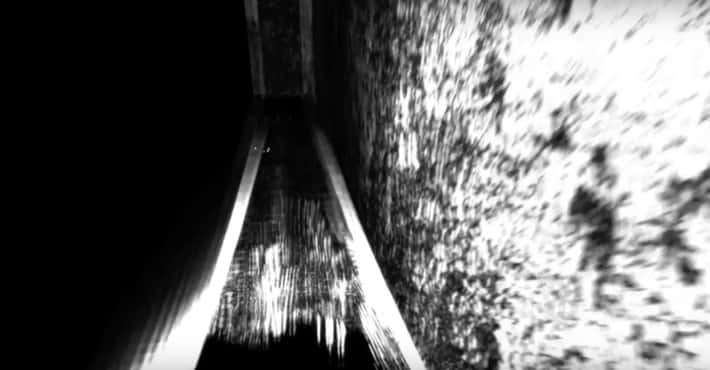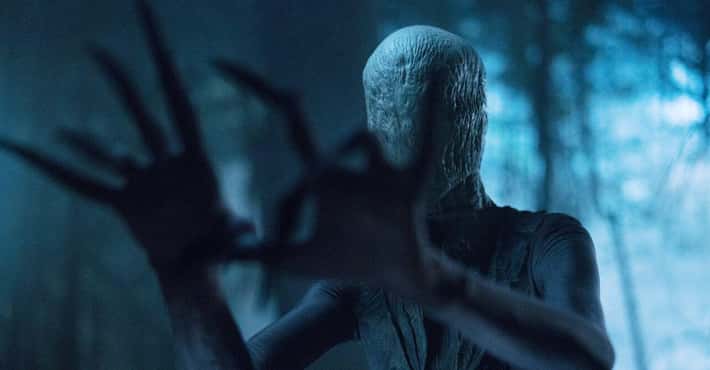This Creepypasta Has Been Horrifying All Who Hear It For 150 Years
- Photo: IFC Midnight
You May Have Heard This Familiar Story
You've probably heard this story at a sleepover or while sharing stories around a campfire. Or maybe you've read it while you stayed up late reading creepypastas. Whatever the case, some variation of this story is likely lodged in your brain box.
If you haven't heard this story, however, it goes something like this: One night, a few years ago at a house down the street, a girl was home alone with her dog. She fell asleep for about an hour, then woke to the sound of dripping coming from the bathroom, but she was too afraid to investigate. Her dog was sleeping at the side of her bed, so she reached down for reassurance, and the dog gave her hand a lick. Then, the girl fell asleep.
The next morning, she woke up and went to the bathroom, where she found her slain dog hanging from the shower rod. Written in the dog's blood on the shower tile was the phrase "Humans can lick, too.” And in the mirror, she saw the person responsible standing behind her.
- Photo: "Last Sleep of Argyle" by Edward Matthew Ward / Wikimedia Commons / Public Domain
'The Licked Hand' Dates Back To At Least The 19th Century
The story of someone being tricked by a demented home invader isn't some newfangled creepypasta written by a modern young person; it's been around since at least the 19th century. The first recorded version of the story appeared in 1871 in The Diary of a Victorian Squire by Dearman Birchall.
Birchall's version isn't as gory, but it's still very creepy:
[One of the guests] told of a clergyman who was aroused in the middle of the night by his wife who said 'John, dear, I am sure there is a robber under the bed, I hear him moving. Do get up and see.' John replied, 'Oh its only the Newfoundland dog. I just put my hand out and he licked it.' Next morning all the jewelry and many other effects had disappeared.
- Photo: 'The Collected Ghost Stories of M. R. James' by M. R. James / Delphi Classics
M.R. James Wrote An Early 20th-Century Version Of The Tale
In "The Diary of Mr. Poynter" from 1919, M.R. James explores what can happen in the "humans can lick too" scenario when the person having their hand licked decides to investigate what's just below their bed.
Much of the story deals with a man named James Denton trying to match curtains to a particularly strange type of fabric. When Denton dozes off in his reading chair one night, however, he wakes to something truly terrifying:
He felt on the back of it just the slightest touch of a surface of hair, and stretching it out in that direction he stroked and patted a rounded something. But the feel of it, and still more the fact that instead of a responsive movement, absolute stillness greeted his touch, made him look over the arm. What he had been touching rose to meet him. It was in the attitude of one that had crept along the floor on its belly, and it was, so far as could be collected, a human figure.
After discovering the person crawling along the floor of his room, Denton runs as fast as he can, and the person gives chase. He barely makes it to a secured room with his life intact.
- Photo: Urban Legend/TriStar Pictures
A Variation Of The Story Became A College Staple
A classic campus-based version of "The Licked Hand" takes the story to college and rewards the main character for not being overly curious. In this version, a student gets back to their dorm room, and for a variety of reasons, they don't turn on the lights.
In the film Urban Legend, for instance, the main character hears her roommate having what sounds like an intense sensual encounter, and leaves the lights off for privacy. In other instances, one roommate stays in to study while the other goes out to party; when the latter returns to their dorm, they leave the light off so as not to disturb their sleeping friend.
But while the details of the story change, the ending is always the same. The morning after, the student wakes to find their roommate slain and the phrase "Aren't you glad you didn't turn on the lights?" written in their blood.
- Photo: Stephanie Massaro / flickr / CC-BY-NC-ND 2.0
This Is One Of The Few Gender-Neutral Urban Legends
Something that sticks out after reading multiple variations of "The Licked Hand" is how it's one of the few stories that can happen to anyone, regardless of gender, race, age, etc. The people affected in this story can be teenage babysitters, early 20th century dandies, college students, or old married couples.
The reason this piece of contemporary folklore works is because it can apply to almost any setting.
- Photo: El Dorado Correctional Facility
Instances Similar To 'The Licked Hand' Have Happened In Real Life
While it's likely that the story as told and retold never actually happened, there have been instances of people hiding in homes for hours at a time, waiting for the right moment to strike. The most famous example of this is the slaying of Marine Hedge by Dennis Rader (better known as BTK).
On April 27, 1985, Rader severed the phone lines for Hedge's home, broke into her house, and snuck into her bedroom closet. He waited patiently in the closet for hours until Hedge came home. He continued hiding until after she went to bed; then, Rader exited the closet and strangled her.
'The Licked Hand' Serves As A Psychological Wake-Up Call
Out of all the pieces of contemporary folklore that exist, why does this story continue to grow and spread? It's not the most outlandish urban legend (that would be the one about the person dressed like a clown statue), but it may be the one that hits closest to home.
According to Snopes, in their breakdown of the enduring legend:
This legend is a hair-raising cautionary tale about the dangers of living away from home... we fear being vulnerable in an unsafe world. The more unsafe we perceive the world around us to be, the more tales like this get told.
Put another way, this story reminds its audience that it doesn't matter how safe you think you are, horror might still be waiting for you - quite the sobering realization, especially for a younger audience who may still consider themselves invincible or protected from the dangers of the world.
- Photo: Rachel.Adams / flickr / CC-BY-NC-ND 2.0
Urban Legends Actually Help Us Cope With Real-Life Horrors
According to Trevor Blank, a professor at SUNY Potsdam who studies modern folklore, urban legends, like "The Licked Hand," have so many different versions because, even at their most outlandish, they feel like they could actually happen to us.
Commenting on the popularity of the Slender Man creepypasta, Blank states:
The story provides a platform for youths to test ideas and cultivate meaning not just from collecting these stories, but from sharing them with other people, or writing their own versions and sharing them with other people. So they get to experience the story; they hear the motifs, but often create their own iterations, which also helps them to kind of flex their own creative muscles and imagine a darker side of the world - the side of the world that you are running away from as a child but are constantly being pulled into as you enter adulthood, facing these dark realities of the world and leaving innocence behind.
In other words, understanding through fiction that the world can be cruel and harsh helps us better navigate cruelty and harshness when we ultimately face it.
- Photo: Wellcome Images / Wikimedia Commons
The Prevalence Of The Story Has Evolutionary Benefits
In her Thrillist article "Spreading Fear: How 'The Licked Hand' And Other Scary Stories Move Around The Country," Kelsey McKinney quotes numerous professors, anthropologists, and folklorists who study the history and importance of urban legends (though they don't much like that term).
One in particular, Dr. Joseph M. Stubbersfield, "a research fellow in the propagation of narratives and cognitive bias at Durham University in the United Kingdom," believes these stories spread as a way to give our species an evolutionary edge. McKinney writes:
Dr. Stubbersfield points to two key characteristics that determine whether a story spreads far and wide. The first is whether it carries social information, to which we are especially susceptible. "Greater intelligence in primates likely evolved because being able to keep track of complex social relationships in groups gave individuals an advantage," he says. Knowing, in the example of "The Licked Hand," that your dog could be a person or, more granularly, that you should never take your safety for granted could be an evolutionary advantage.
- Photo: Paramount Pictures
The Tale Can Help An Increasingly Lonely Generation
A recurring element in most versions of this story is that the main character experiences terror alone. Aside from the first known version of the story from The Diary of a Victorian Squire, every other version requires the lead character to be alone before the intruder slays their dog and licks their hand.
This isolation is especially resonant with Millennials, who, according to a Forbes article by Caroline Beaton, spend significantly more time alone than previous generations. Because of this, a story that reminds individuals to be wary, even when they feel safe, can be beneficial to large groups of people who spend lengthy amounts of time by themselves.
This makes the online availability of these tales important, especially in their modern-day creepypasta format: if people no longer gather around campfires to share these spooky stories, then the internet is the next best platform.





